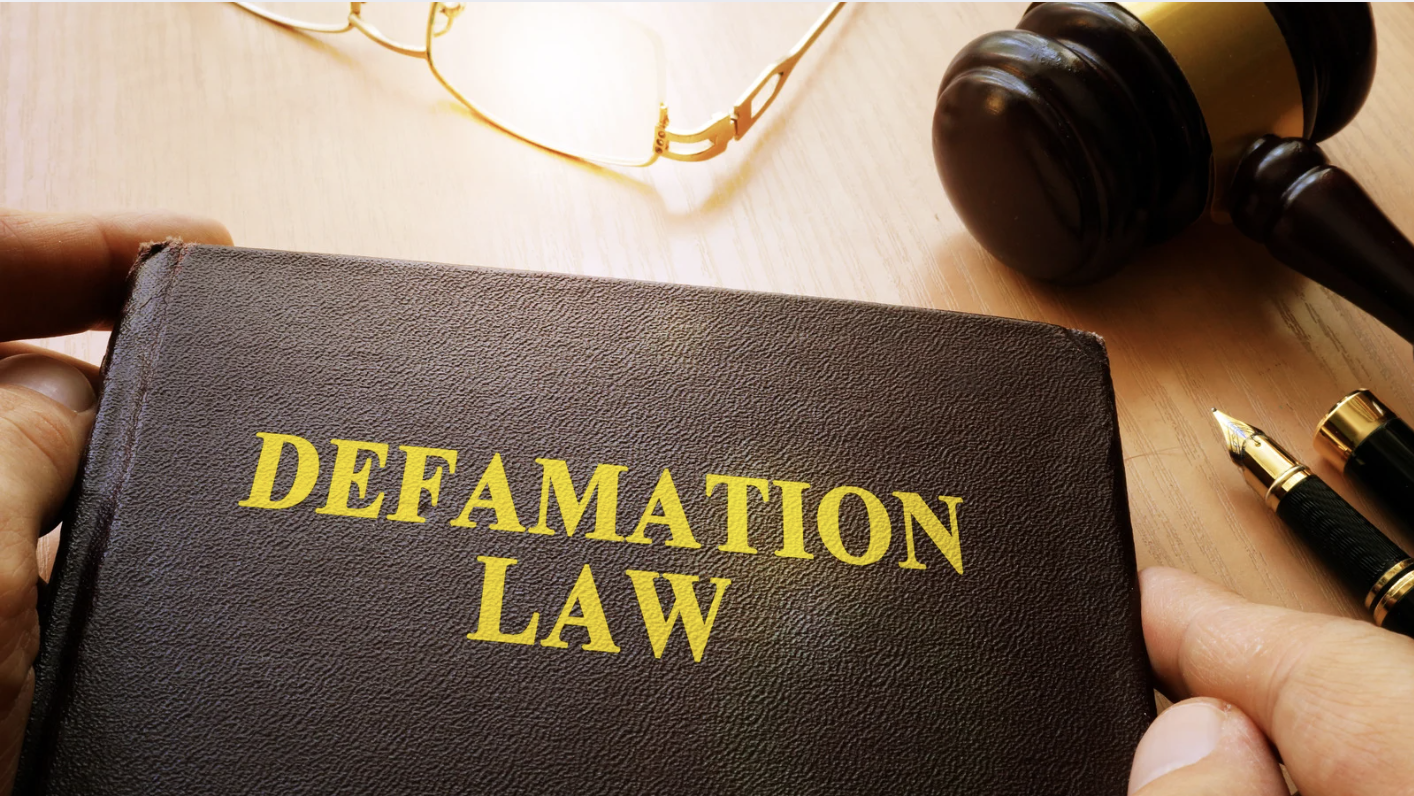Louisiana Defamation Law: A Complete Guide for 2025
Defamation Law
If someone has made false statements that harmed your reputation, you may have a legal claim under Louisiana defamation law. Whether it involves libel (written defamation) or slander (spoken defamation), the law offers a framework to seek justice and restore your reputation.
This guide will break down the essential elements of a defamation claim in Louisiana, highlight how it differs from other states, and provide key insights if you're considering filing a lawsuit.
What Is Defamation in Louisiana?
Defamation occurs when a false statement is communicated to someone else, resulting in harm to a person's reputation. In Louisiana, defamation can be categorized as:
Libel: Written or published defamatory content (e.g., news articles, online posts)
Slander: Spoken defamatory content (e.g., phone calls, public speeches)
Louisiana law generally treats both forms under a single cause of action: defamation.
Key Elements of a Defamation Claim in Louisiana
To successfully file a defamation lawsuit in Louisiana, you must prove the following:
False and Defamatory Statement: The statement must be objectively false and damaging.
Publication: The statement must be communicated to a third party.
Fault: The publisher must be at fault, at least showing negligence.
Actual Damages: The statement must cause measurable harm.
For public figures or officials, an additional requirement is to prove actual malice—that the false statement was made knowingly or with reckless disregard for the truth.
Louisiana's Civil Law System and Its Impact on Defamation
Louisiana is unique among U.S. states, as it follows a civil law tradition derived from French and Spanish codes. This means it relies more on statutes than case law. However, Louisiana courts often apply common law principles when interpreting defamation claims, particularly in balancing First Amendment rights with personal reputation.
Common Defenses to Defamation in Louisiana
If you're accused of defamation, consider these key legal defenses:
Truth: A true statement, regardless of its impact, is not considered defamation.
Opinion: Statements of opinion are generally protected unless they imply false facts.
Qualified Privilege: Statements made in good faith under certain circumstances (e.g., employee evaluations, legal complaints) may be protected.
Absolute Privilege: Statements made in court or legislative contexts are completely immune from defamation claims.
One-Year Deadline: Louisiana’s Defamation Statute of Limitations
Under Louisiana Civil Code Article 3492, you have one year from the date of the defamatory statement to file a lawsuit. This prescriptive period applies whether the defamation occurred in print, online, or verbally.
Pro tip: If you miss this deadline, your case will likely be dismissed—even if the claim has merit.
Damages in a Louisiana Defamation Lawsuit
If your claim is successful, you may be awarded:
General Damages: For loss of reputation, mental anguish, and emotional harm.
Special Damages: For specific financial losses (e.g., job loss, business damage).
Punitive Damages: In rare cases involving intentional or malicious behavior.
Your ability to recover depends on the statement's nature, the audience, and the proof of harm.
Internet and Social Media Defamation in Louisiana
With the rise of online defamation, harmful statements can spread rapidly. Louisiana law applies the same defamation rules to internet platforms such as:
Facebook
X (formerly Twitter)
YouTube
Online review sites (e.g., Yelp, Google)
If the identity of the defamer is unknown, courts may issue a subpoena to platforms to unmask anonymous users.
Should You Hire a Defamation Lawyer in Louisiana?
Defamation cases can be complex, particularly when addressing public figure standards, First Amendment defenses, or online anonymity. Hiring an experienced Louisiana defamation attorney can significantly enhance your chances of success. They can assist you with:
Analyzing whether a statement is actionable.
Gathering evidence and witnesses.
Filing within the legal deadline.
Navigating court procedures and negotiations.
Final Thoughts: Know Your Rights Under Louisiana Defamation Law
Louisiana defamation law protects individuals and businesses from false statements that damage their reputation while carefully balancing these protections with free speech rights. If you believe you’ve been defamed—or wrongfully accused—time is of the essence. Understanding the legal requirements and seeking legal assistance can make a significant difference.
Need Legal Help?
If you're considering filing or defending a defamation lawsuit in Louisiana, consulting a local attorney experienced in media and tort law is highly advisable.


